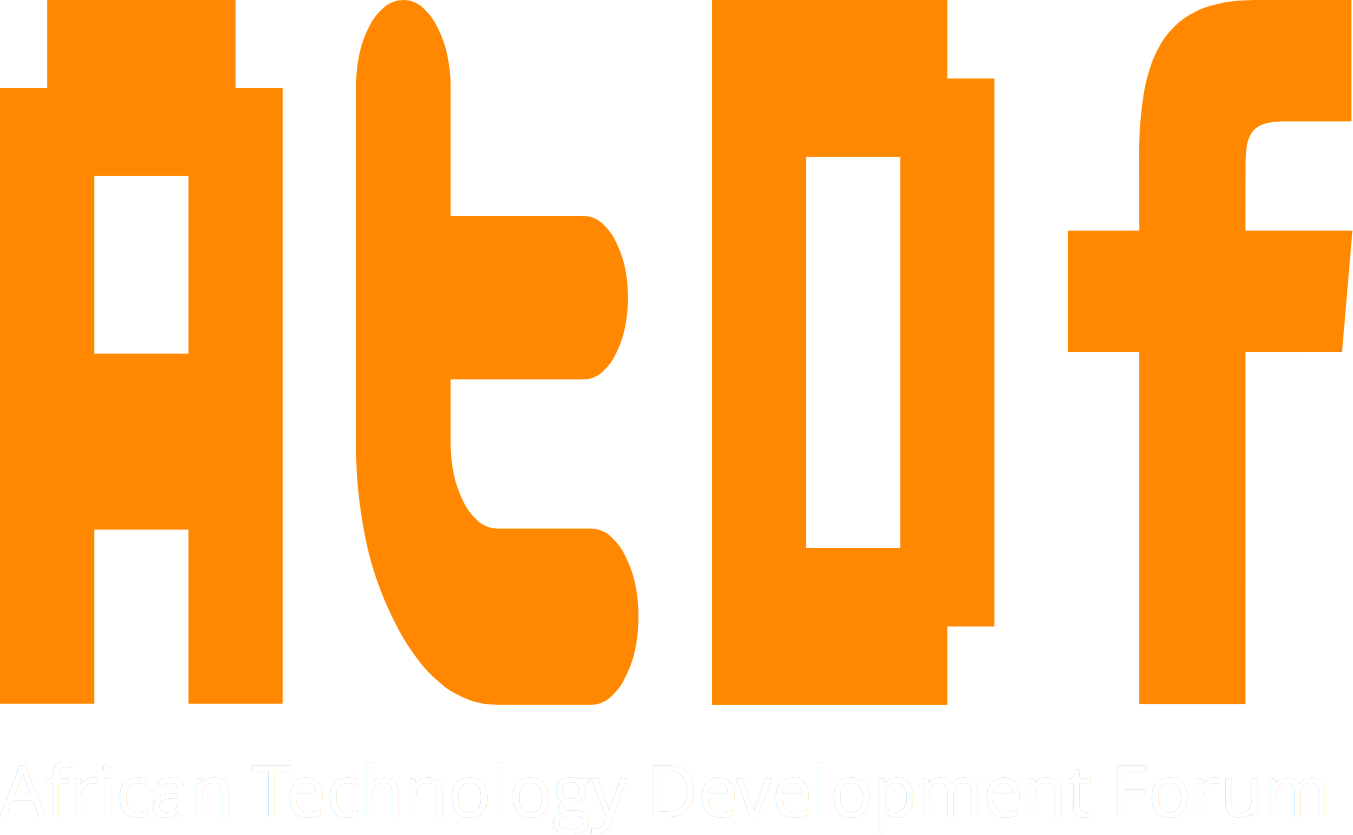
Last month, Members of the European Parliament (MEPs) called on the New Alliance for Food Security and Nutrition not to support genetically modified (GM) crops in Africa. This call is very unfortunate and would institutionalise poverty on a continent that is already facing dire challenges. The G7 group of nations’ joint initiative with the New Alliance – aimed at lifting 500 million Africans out of poverty by 2022 in part through improving access to agricultural biotechnology – must not be thrown out of the window.
The recent European Parliament report recommended that intensive agriculture, which made Europe, the Americas and many parts of Asia food secure, should not be applied in Africa, but that the continent should remain reliant on small-scale farming practices that have not been able to meet our food and nutrition needs. Despite the huge amount of GM cereals and legumes imported into Europe used as feedstuff, their cultivation is prohibited in several (though not all) EU countries – to ‘protect’ the environment, to maintain the organic market, and, more importantly, for ideological reasons, something which is both paradoxical and absurd. The science clearly shows that GMO crops are safe and can offer several benefits to farmers, consumers and the environment.
What we are striving to achieve in Africa is to embrace a science-based approach towards GMO policy decisions.”
It has been established that agricultural biotechnology is needs-based in Africa. Reports from other developing countries that adopted the technology speak volumes on the benefits. The African end users, farmers and consumers need to be given the opportunity to access and assess the technology themselves.
What we are striving to achieve in Africa is to embrace a science-based approach towards GMO policy decisions, with the European Food Safety Authority as a possible reference point. On trade, once Africa is able to harmonise the regulatory frameworks properly within the regional economic communities (REC), intra-Africa trade will be big enough to absorb demand for GM products, which would focus on African commodities, thereby minimising any impact on trade with the EU.
Most African countries and the EU and its member states are parties to the Convention on Biological Diversity which states in Article 16 that the transfer of technology, including biotechnologies, is essential to the attainment of the goals of the Convention. The Convention further urges Parties in Article 19 to promote priority access to the benefits arising from biotechnologies, especially for developing countries. This call for Africa not to grow GMO crops will be in contravention of the Convention on Biological Diversity.
It is surprising to note that the Parliament’s call is only directed at Africa but not towards other developing countries…”
The European Parliament should uphold its tenets of respect for human dignity, liberty, democracy, equality, the rule of law and respect for human rights by not opposing the African Union’s efforts to make use of all available beneficial technologies. It is surprising to note that the Parliament’s call is only directed at Africa but not towards other developing countries in Latin America and Asia. The African farmer must have the right to decide whether to plant improved seeds and must have access to safe new products that will benefit the family farm, local communities and also contribute to improved livelihoods and socio-economic development.
Professor Diran MAKINDE is the immediate past Director of the New Partnership for Africa’s Development Planning and Coordinating Agency (NEPAD Agency) African Biosafety Network of Expertise (ABNE), now based in Dakar, Senegal. He now serves as Senior Advisor at ABNE and is based at the NEPAD Agency Head Office in South Africa.
